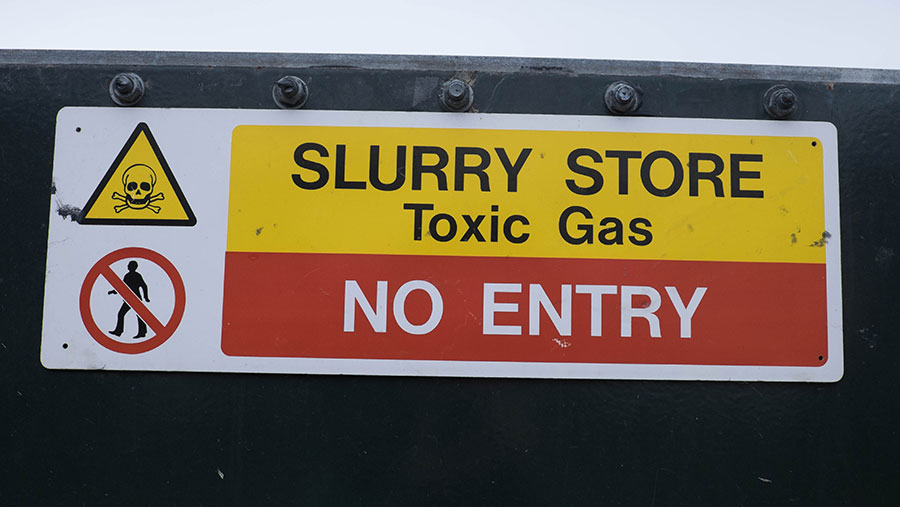Government rules out tougher planning rules for livestock housing
 © Tim Scrivener
© Tim Scrivener The government has turned down calls for tougher planning rules on new intensive livestock units in its response to a damning report on water quality.
The report, released in January by the House of Commons Environmental Audit Committee (EAC), said England’s rivers had become a “chemical cocktail”.
It blamed intensive livestock and poultry farming as key polluters, and urged the government to introduce better controls and monitoring of water quality.
See also: New proposals to curb farm river pollution in England
The committee proposed that each of the major river catchments in England should have a “nutrient budget” calculated.
Where budgets were exceeded, it recommended any new poultry farms should not be granted planning permission.
But in its response, the government ruled out adopting a call for a planning presumption against new livestock developments, saying it could not insist that planning authorities adopt a broad policy against developing farming infrastructure.
Instead it said: “Development should, wherever possible, help to improve local environmental conditions such as air and water quality, taking into account relevant information such as river basin management plans.”
Support for farmers
However, the government agreed with many of the EAC report’s calls, including one for farmers to be better supported to reduce nutrient inputs to help reduce pollution pressure on watercourses.
The government suggested it was already developing farm support schemes to incentivise water quality improvements, through its new Environmental Land Management (ELM) approach.
Restoring England’s streams and rivers is one of two themes that the Landscape Recovery scheme will focus on during its first round of applications, it said.
The Sustainable Farming Incentive could also focus on actions to reduce leaching and protect soils via nutrient management and water body buffer zones, the government suggested.
And it pointed out that the investment in Catchment Sensitive Farming programmes had been doubled, with its annual budget rising to £15m by the 2022-23 financial year.
This meant that all farmers in England would be able to access free, expert, one-to-one advice on tackling pollution risks, the response said.
Slurry stores
The EAC report had also called for the programme of inspections and upgrades of large animal slurry stores to be intensified to help identify inadequate storage that might lead to pollution incidents.
The government agreed work was needed urgently, adding that the slurry infrastructure grant systems to allow farmers to improve facilities were being finalised and would be published shortly.
